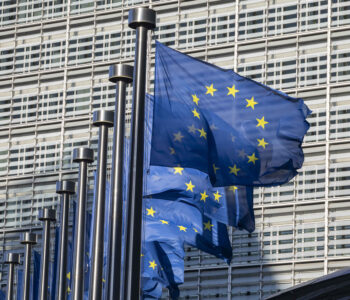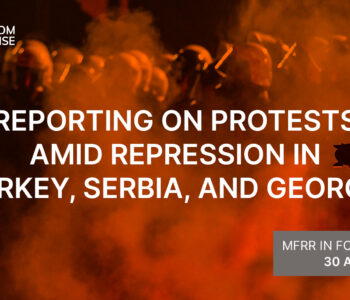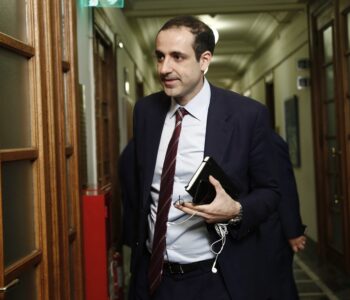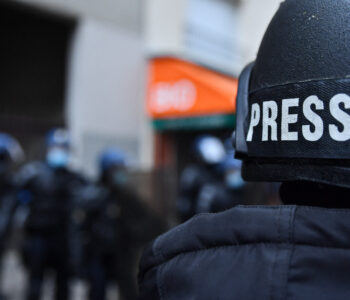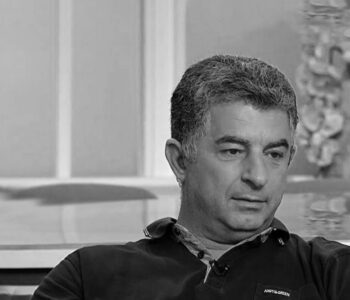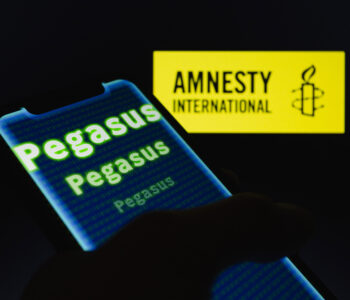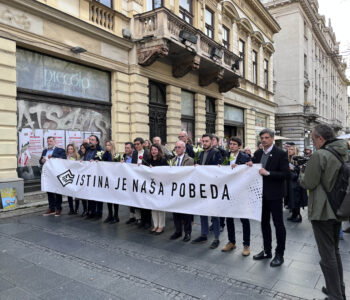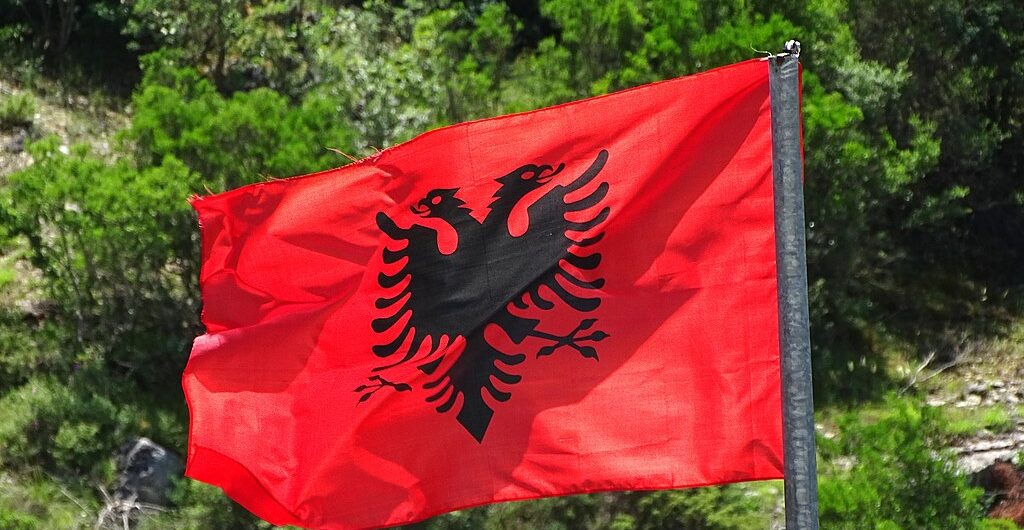
Constitutional Court of Albania Strengthens Freedom of Expression in…
Constitutional Court of Albania Strengthens Freedom of Expression in Elton Qyno Case
Joint Statement by the SafeJournalists Network, partner organisations of the Media Freedom Rapid Response (MFRR) and Reporters Without Borders (RSF), welcoming the decision of the Constitutional Court of Albania, which overturned the lower-court orders allowing the search and seizure of journalist Elton Qyno’s equipment, reinforcing the importance of protecting journalistic sources and freedom of expression in line with international standards.
29 April 2025
On 22 April 2025, the Constitutional Court of Albania delivered a unanimous 8–0 judgement setting aside lower-court orders authorising the search of journalist Elton Qyno and the seizure of his electronic equipment and directed that all data extracted from those devices be destroyed. The Court held that these measures amounted to a disproportionate interference with freedom of expression and the protection of journalistic sources, rights enshrined in Article 22 of the Albanian Constitution and Article 10 of the European Convention on Human Rights.
We, the undersigned organisations, welcome this ruling. In an open letter of January 2024, we jointly cautioned that compelling Mr Qyno to reveal his source and confiscating his work materials risked undermining internationally recognised standards and chilling investigative reporting in Albania. The Constitutional Court has now confirmed that journalists may not be required to disclose their sources unless an overriding public interest is demonstrably at stake and no less intrusive avenue is available. The Court’s decision underscores the need for internal safeguards whenever investigations intersect with freedom of expression and media freedom.
We therefore encourage the competent authorities to give immediate effect to the Constitutional Court’s judgement by returning devices to Mr Qyno and formally confirming the deletion of all copies of seized data.
Looking ahead, while our organisations support the fight against corruption in Albania and the role the Special Anti-Corruption Prosecutor’s Office plays here, we invite the SPAK, the judiciary, and competent law enforcement authorities to handle cases involving journalists, public watchdogs and media in line with standards established by the Council of Europe and the European Court of Human Rights jurisprudence which emphasises the protection of journalistic sources, freedom of expression, and the necessity of proportionality in any cases related to journalists and public watchdogs.
Our organisations will continue to monitor the implementation of the Court’s ruling and to support Albanian journalists in defending their rights.
This statement was coordinated by the SafeJournalists Network, Reporters Without Borders (RSF), and Media Freedom Rapid Response (MFRR), a Europe-wide mechanism which tracks, monitors and responds to violations of press and media freedom in EU Member States and Candidate Countries.

